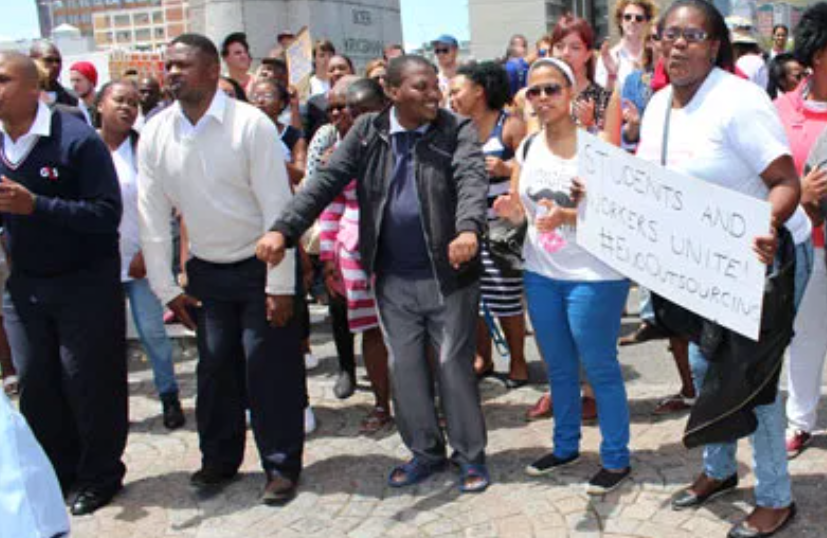Some South African universities have collaborated with the Safety and Security Sector Education and Training Authority (SASSETA) to train security personnel working at universities.
The security personnel is to be through the General Security Practice Learnership Programme.
According to Universities South Africa (USAf), the qualification is an entry-level qualification, equivalent to NQF Level 3. The qualification offers the key competencies required by security professionals to work in a variety of security contexts
USAf said SASSETA sponsored the training as a response to a request made by the organisation’s Human Resources Directors’ Forum (HRDF) and the Skills Development Facilitators (SDF) Forum to assist with the capacitation of insourced security officers.
Skills Development Facilitator at the University of Pretoria and a member of the Skills Development Forum, Basiami Disipi, said although not all staff enrolled on the learnership had completed the course, 81% of this first cohort stayed the course and went on to qualify, and this was pleasing.
“The workers who completed the training were now empowered to operate within a range of contexts. The security guards are now able to operate in the rural, urban, corporate, mass gatherings, homes and businesses spaces.
“They also equipped to safeguard premises, assets, information and personnel. They can interact with customers and other members of the public; operate security systems and conduct security duties within the ambit of the law,” said Disipi.
105 security personnel were enrolled in the programme in 2019 and 85 completed and satisfied the requirements of the learnership and obtained a National Certificate in General Security Practices, said Disipi.
The call to reintegrate outsourced workers into universities began in 2015/ 2016 when students took to the streets, protesting unaffordable university fees and the exploitation of outsourced labourers at higher education institutions.
The students’ protests demanded that security guards as well as maintenance and cleaning staff be brought back into universities’ mainstream payrolls.
Historically, many institutions had outsourced these services.
The students said that outsourcing was an exploitative and dehumanising practice that continued to perpetuate poverty amongst those affected.
“Outsourced workers have to deal with unfair wages, dismissals, victimisation and racism. They are also excluded from the benefits that mainstream employees enjoy.
Because they are outsourced, they don’t qualify for reduced fees for their children studying at the same institutions,” said student activists at the time.
The insourcing of these workers was seen as social justice that stood to restore the workers’ dignity, security of tenure and peace of mind.
According to USAf, some higher education institutions heeded the call and decided to insource some of these services and insofar as practicable, discontinued the contracts they had had with external service providers.
“With that came a need to integrate and upskill these workers – a move that demanded additional resources,” said USAf.
Disipi said phase one of the programme in 2019 to September 2020 and SASSETA invested R1,4 million. The universities involved included Central University of Technology, the University of the Free State, the University of Witwatersrand (Wits), The University of Pretoria (UP), the University of Kwazulu-Natal and the University of Venda.
Disipi said SASSETA is now funding Phase 2 of the programme.
This phase began in March 2021 and is expected to finish in December 2021.
“For the current cohort, SASSETA has invested R1, 650 million,” said Disipi.
Universities that enrolled their security guards in the second learnership programme are Sefako Makgatho University of Health Sciences, University of South Africa, UP, University of Johannesburg, Wits, Walter Sisulu University and Rhodes University.
Disipi said Phase 3 of this programme will begin in 2022 will specifically target Western Cape-based institutions and others that have not yet benefited from this project.










